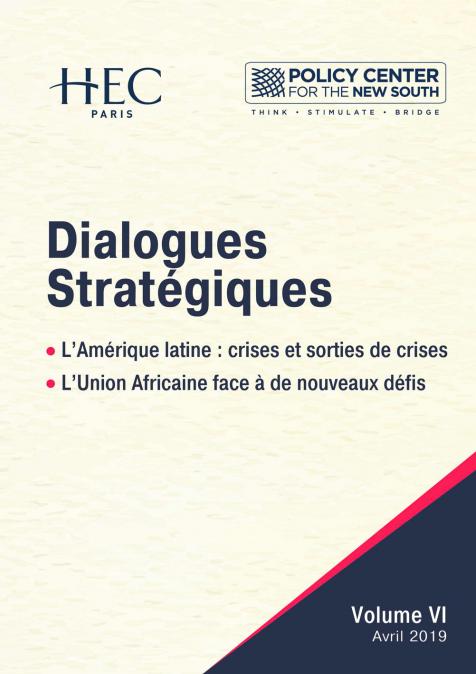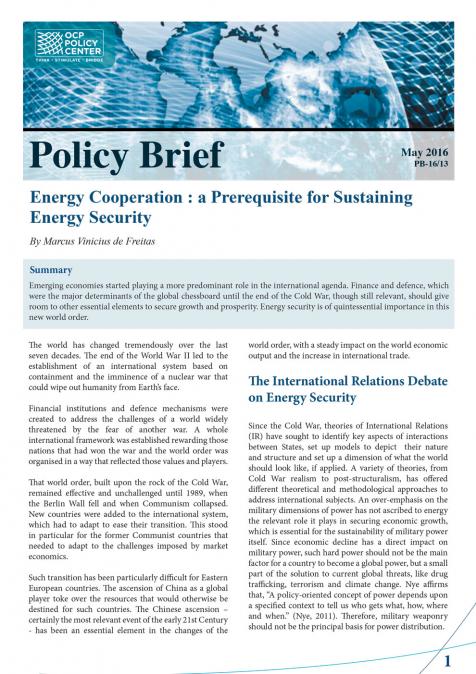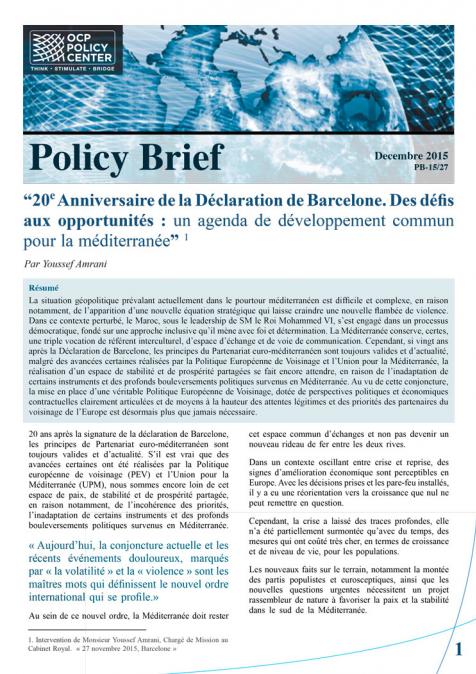Podcasts
Beyond Borders: Exploring Latin American Public Opinion on Atlantic Space
Related topics:
The term "Atlantic matter" refers to the geopolitical and economic significance of the Atlantic Ocean and its surrounding regions, including Latin America, Africa, and Europe. The podcast highlights the need to consider the Atlantic space when analyzing public opinion in Latin America, as it has an important impact on economic, social, and political factors in the region.
The podcast also explores the differences in how different countries or regions within Latin America view the Atlantic space. It examines the factors that drive these differences, including historical, cultural, and economic factors. The podcast speculates on how these differences may impact public opinion on issues related to the Atlantic space. Furthermore, the podcast discusses the role of think tanks in shaping public opinion towards the Atlantic space in Latin America. It highlights the challenges that think tanks may face in doing so, including limited resources, competing priorities, and political polarization. The podcast also explores the role of the elite in shaping public opinion towards the Atlantic space and discusses their willingness to engage in policy discussions related to the region.
This podcast episode was produced as part of the Jean Monnet Atlantic Network 2.0, with the support of the European Union's Erasmus+ Program. The opinions expressed in the recorded content are solely those of the authors, as such, neither the Agency nor the Commission can be held accountable for any use of the information it presents.





